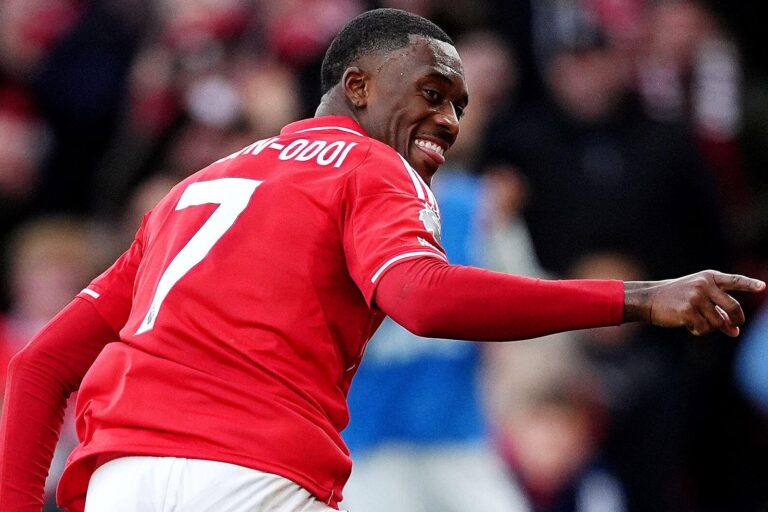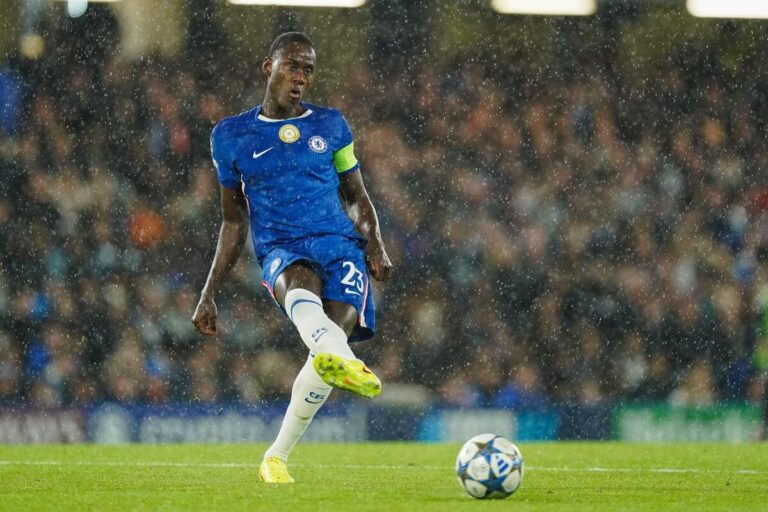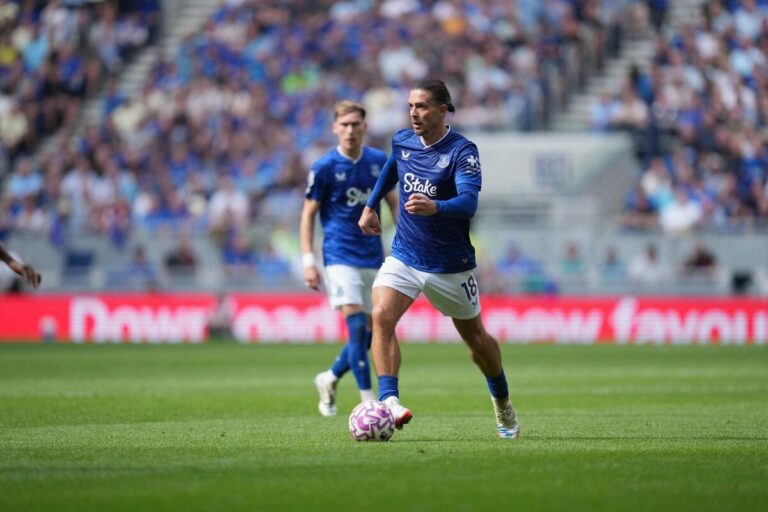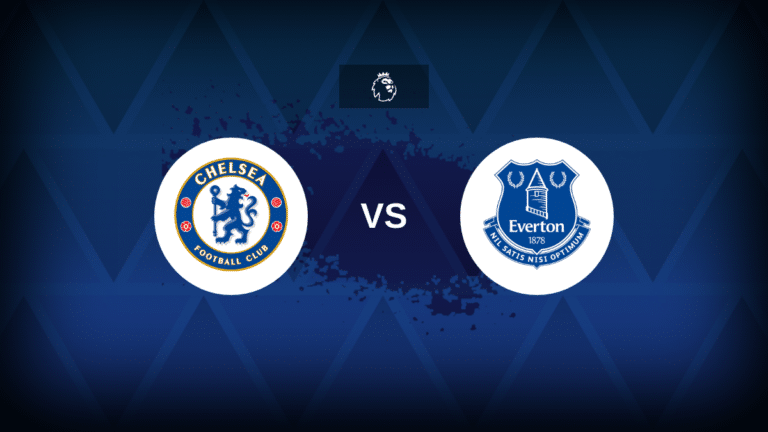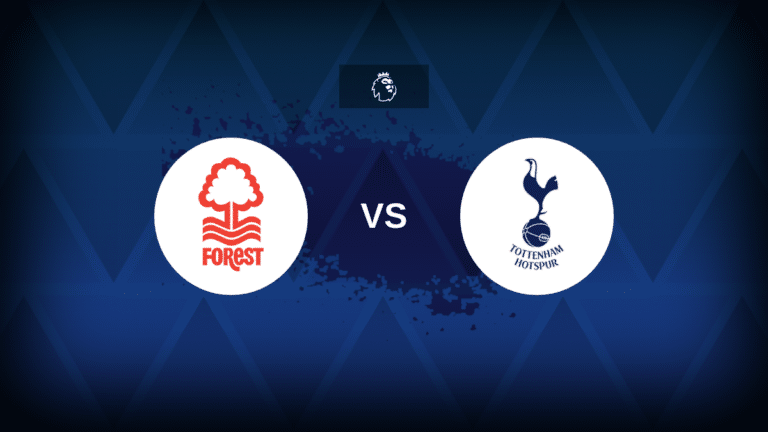“Now is the Time to Talk” | How Dele Alli’s incredible story can serve as yet another warning sign regarding mental health in football
Alli was once billed as one of the brightest talents anywhere in Europe after his meteoric rise to prominence with both MK Dons and Tottenham between 2014 and 2017, before ultimately fading into relative obscurity across the footballing landscape.

The discussion surrounding professional football and mental health received what could well be a huge shot in the arm after the incredible yet heartwrenching story of Dele Alli became public when the former Tottenham Hotspur star lifted the veil surrounding his ongoing struggles on and off the pitch.
Alli was once billed as one of the brightest talents anywhere in Europe after his meteoric rise to prominence with both MK Dons and Tottenham between 2014 and 2017, before ultimately fading into relative obscurity across the footballing landscape after a decline that was as rapid as his rise to power during spells with Everton and Beşiktaş JK.
Now 27, and in the final year of his contract with Everton, the Milton Keynes-born midfielder and former English starlet sat down with Gary Neville to set the record straight surrounding his own battle with mental health that was born from a turbulently traumatic childhood. One that ultimately wreaked havoc on his professional career.
In the immediate aftermath of his interview going public, a massive show of public support from friends, colleagues, pundits, and fans alike stretched across all social media channels, which included both Everton and Tottenham directly reaching out to the player. The PFA also released a statement in the wake of Alli’s interview, which also briefly delved into pathways of support that footballers can seek in times of need.
The support for Dele Alli after he spoke about his childhood trauma and recent mental health issues ❤️ pic.twitter.com/hhUQ33KXjv
— ESPN FC (@ESPNFC) July 13, 2023
Neville himself took to his personal Twitter account to convey his thoughts, emotions, and support for Alli: “I’m struggling to find the words to put with this post but please watch my most recent interview with Dele. It’s the most emotional, difficult yet inspirational conversation I’ve ever had in my life.”
In another show of support, TalkSPORT talking head Rory Jennings said much of the same: “My heart goes out to him. We always looked at him through a football lens. The priority now is the protection of Dele Alli and looking after him and his mental well-being.”
While I urge each and every reader to watch the interview, which, it must be stressed, tackles some very serious and distressing periods of trauma suffered by another human being, the traumatic talking points of what Alli endured can be emotionally summed up as follows;
- Sexually abused at the age of six by his mother’s friend
- Starting smoking at the age of seven
- Sent to Africa to learn discipline at the age of seven
- Forced to deal drugs at the age of eight
- Hung off a bridge at the age of eleven by a man from the local estate
- Adopted at the age of twelve
There can be no words that can not only describe what Alli not only went through but the immense amount of strength and determination it takes within a person to overcome such trauma to go on and reach the very pinnacle of professional sport.
But the unfortunate reality is that, inevitably, without the right support, so often, our demons will catch up with us and invariably force us to play the dangerous game of flying too close to the sun before suffering structural failure.
Even more heartbreaking to realize, is that Alli is hardly the first player to suffer from mental health issues…and some have not lived to tell their story.
The tragic death of former German international keeper Robert Enke was one of the most prominent examples of the reality that mental health very much takes its toll on professional footballers; who often do not speak out surrounding their personal struggles.
Despite being heralded as one of the top shot-stoppers in Germany and the odds-on favorite to be the starting keeper at the 2010 World Cup after brilliant seasons with Hannover 96, Enke committed suicide on the night of 10 November 2009, by stepping into the path of a regional express train at a level crossing in Neustadt am Rübenberge, just outside of Hannover.
His widow, Teresa, eventually revealed that Enke has been dealing with serious depression for six years in the wake of the death of their daughter; an event he struggled to fully cope with despite seeking psychiatric care. Today, The Robert Enke Foundation offers help and support for footballers who deal with mental health. But still, this brilliant operation is not nearly enough.
Two years prior to Enke’s death, the cautionary tale of the brilliantly talented Sebastian Deisler was a canary in the mental health cole mine that was unheeded.
Billed as one of the most gifted footballers ever produced by Germany, Deisler retired from football in 2007, citing exhaustion and not being able to regain confidence in his fitness. At the time of retirement, Deislier logged just 195 appearances in a career that spanned nine seasons, while largely remaining of football’s forgotten talents.
In an excerpt from the referenced piece on Deisler which I wrote for Get German Football three years ago, the player himself mentioned how he so often had to put his own mental health on the back burner under pressure to perform: “I always repressed things and thought: ‘the club needs me to perform.’ It could not continue like this.”
Deisler also made mention of the fan backlash surrounding his decline; a topic that is regularly discussed among footballing circles to this day when it comes to fan abuse online and at respective grounds around England and the rest of the continent: “Instead he [Hoeneß] stood by and watched as I was hounded out of Berlin. That’s what began to spoil my view of football. That was my shot in the neck. I know today that that’s the point at which I should have stopped.”
In the wake of Deisler’s retirement, a cadre of Germany’s biggest names spoke out at their failure to better protect the player. The aforementioned Hoeneß remarked: “He is one of the best players Germany has ever produced and therefore it is so difficult to comprehend. However, we have lost this battle.”
Franz Beckenbauer would also weigh in: “Deisler came to our club an extremely introverted person. But nobody could have predicted that it would have turned out to be a psychological problem.”
There are others, too. Too many, in fact.
Many high-profile footballers have come out and spoken about their struggles with mental health in the years since Deisler’s retirement. Gianluigi Buffon, Aaron Lennon, Andrés Iniesta, Danny Rose, Michael Carrick, Emmanuel Eboué, and Francesco Acerbi are just a handful, while the likes of Paul Merson and Paul Gascoigne, two iconic English footballers of decades past, both struggled with depression and alcoholism that took years to control. And then, of course, there is the tragic death of Gary Speed which took place just two years after Enke’s.
But much like how Rudi Völler described Deisler as a player who “would be influential for Germany for ten years,” we can perhaps look back on the path walked by Alli in a similar light.
In a career described by BBC Sports’ Phil McNulty as a “dramatic decline… from the golden boy of English football to lost talent,” Alli could very well still have left an undeniable mark on the football world. Not just on the pitch, but off it. And perhaps, there could have been no greater gift or contribution from any individual. We just have to, finally, truly listen.
